What's the deal with CBD skincare?
CBD is taking the world by storm. Learn what it is, why it differs from hemp seed oil, and why it may show promise for skincare.
CBD is all the rage, with many people praising its ability to relieve pain, cure anxiety, and help treat epilepsy-related seizures. There are also a number of skincare products on the market that contain CBD oil, and claim to deliver benefits. But do they work?
In this article, we’ll explore a brief overview of CBD and its health benefits, and discuss what role it may play in the future of skincare.
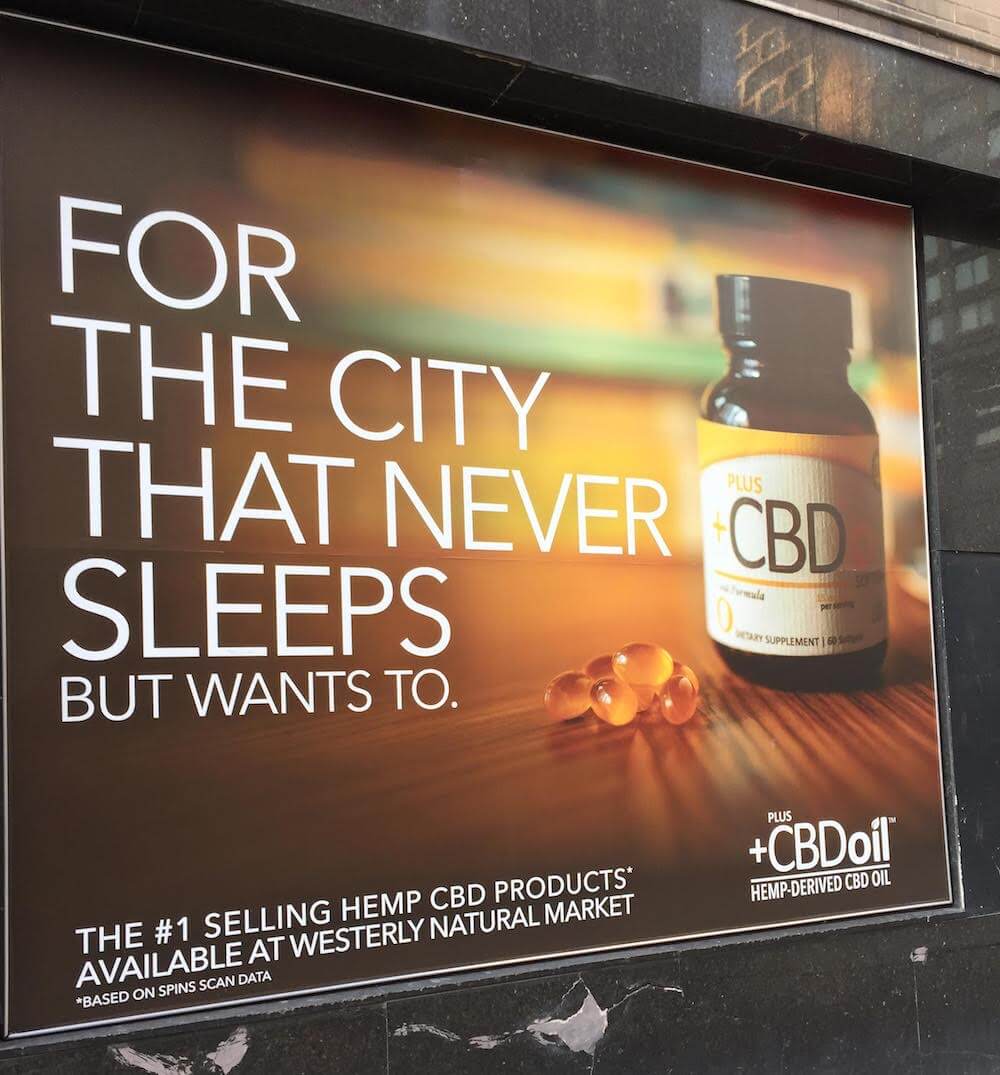
What is CBD?
CBD (Cannabidiol) is a molecule derived from the cannabis plant. According to Wikipedia, though there are roughly 113 other cannabinoids in cannabis plants, CBD accounts for up to 40% of the plant’s extract.
CBD is different from marijuana, since marijuana consists of not just CBD, but also THC, which is the primary ingredient in marijuana that causes its users to get “high.” The thought is that by isolating CBD from marijuana, consumers can get the same therapeutic benefits of marijuana, without the high. In the 2018 Farm Bill, the U.S. declared that in order for a cannabis plant to be classified as hemp, it cannot have more than 0.3% THC in it; if it has more, it will be considered a marijuana plant in the eyes of the law.
Both hemp and marijuana contain CBD. However, it’s only federally legal to purchase CBD extracted from hemp, which is mostly what you’ll find online these days. It’s also worth pointing out that the legality of selling CBD is another story—for example, in NYC, it’s now illegal to sell any food or drinks containing CBD.
CBD and drug tests
For those who are curious, when you take a drug test, the tests will typically test for the presence of THC. However, in rare cases, drug tests may check for the presence of all cannabinoids, in which case CBD would trigger a positive. If you know that you’ll be taking a drug test, you should keep this in mind. In addition, there are some CBD products that contain small amounts of THC. Products can also unintentionally have THC in them through their extraction process, so you’ll want to be mindful of this before buying such products. If this is a concern for you, look for “isolate” products, rather than “full spectrum” (which can contain small amounts of THC).
What are the health benefits of CBD?
Advocates for CBD claim that it has a variety of benefits. However, many of these benefits are backed by anecdotal evidence (customer testimonials, word of mouth, etc.), since (due to its relatively recent legalization), research on the effects of CBD is still in its infancy. While conducting research for this article, many of the articles I came across on PubMed (and which are cited by CBD proponents) show promising results, but also admit that the research is in its early phases, and that larger clinical studies need to be done to confirm the results.
Still, it’s difficult to deny that people are finding benefits from taking CBD orally. In particular, some of these alleged benefits include:
- Reduced anxiety
- Reduced inflammation / pain
- General sense of calming
- Alleviates seizures / helps with epilepsy
Though CBD is generally accepted as being safe, there haven’t been many clinical studies to determine the long-term impact of CBD on humans. Some reported side effects include fatigue, diarrhea, and changes in appetite.
CBD in skincare
Since research about the benefits of CBD is fairly preliminary, there’s even less research about the benefits of CBD in skincare products. However, there has been some promising research done on rats, which indicates that topical CBD (rather than orally-ingested CBD) can be helpful in reducing inflammation and arthritis. In addition, many believe that it can help with reducing acne. This study found that CBD showed promise for treating acne and reducing inflammation, but keep in mind that these results came out of in vitro conditions (in the lab)…the conditions “mimicked ‘acne-like’ circumstances,” so the study didn’t actually take place on real humans with real acne.
CBD oil vs. hemp oil
This is one area that I found confusing, so I thought it would be worth writing up the difference between the two types of oil. CBD oil is derived from hemp. But hemp seed oil has actually been around in the nutrition and skincare industries for a lot longer than CBD oil.
Hempz lotion is one company that has built its business around the benefits of hemp seed oil. This ingredient is listed as “cannabis sativa seed oil.” Hemp is actually known to be a nutritious powerhouse food—the seeds contain magnesium, iron, phosphorus, iron, managanese, and other nutrients. Hemp seed oil contains a 3:1 ratio of omega 6 to omega 3 fatty acids, as well as gamma-linolenic acid that is beneficial for moisturizing your skin and delivering anti-aging benefits. Hemp seed oil does not contain any cannabinoids, and therefore is always THC free (THC is a cannabinoid).
CBD is a cannabinoid, which means that it could be more beneficial than hemp oil for providing anti-inflammatory benefits to skin. Inflammation is tied to skin disorders like psoriasis and eczema. This study found that cannabinoids could help treat psoriasis.
Some companies make skincare products that market the benefits of both of these types of oils. Uncle Bud’s is one company that provides both hemp skincare and CBD skincare lines. The company was even advertising in Times Square, which shows you just how big CBD and hemp skincare have gotten.
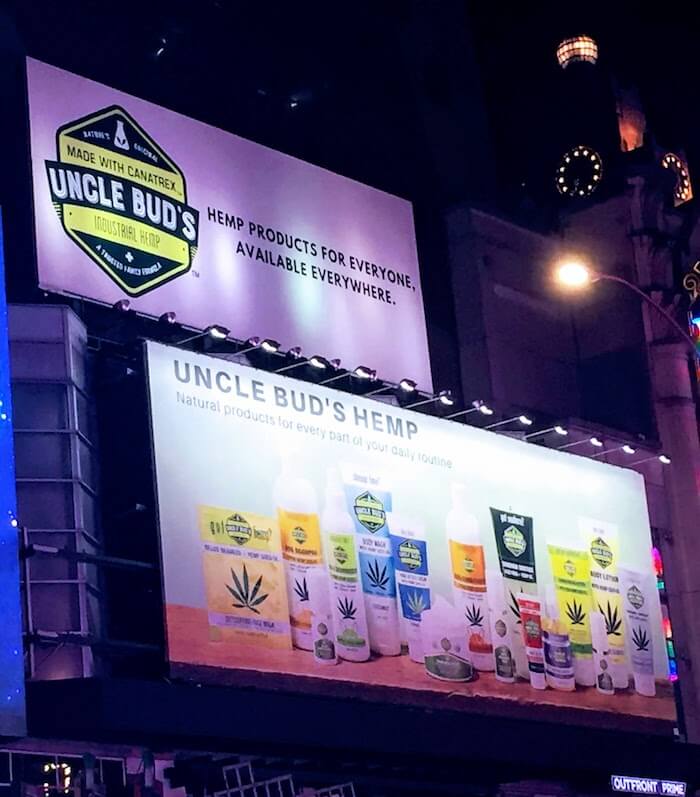
How to get started with CBD skincare products
Thanks to recent regulation that has made it possible for hemp CBD products are generally newer to the industry than hemp products. However, the surge of CBD skincare products available—and the wide array of companies that offer them—makes it hard to know where to begin if you’re interested in experimenting with this new ingredient.
Start off slow
The FDA has stated that consumers should be wary of trying too many CBD products at one time, since there isn’t much research on whether or not too much CBD exposure can be dangerous. I would feel more comfortable with applying CBD topically to my skin than ingesting it in the form of a supplement, though. That said, it does still make sense to research the companies providing those CBD skincare products—especially since we don’t have much clinical research to back up the claims that CBD can benefit the skin.
Be realistic
Do your homework
Since CBD is still so new to the market, I wouldn’t recommend buying from a no-name company that pops up in an Amazon search for “CBD skincare.” You’ll have to do your homework to find reputable sources of CBD skincare products. If it’s important to you that you are using a THC-free product, you need to make sure that the company is transparent about this claim, and that it provides background on how it sources the CBD oil. Some companies also list the exact amount of CBD included in the formula, like sunscreen percentages. I think it’s a good sign if a company includes this information, since it means that they’re trying to be more transparent about the amount of the star ingredient they’re actually including in the formula.
CBD skincare benefits: TBD, but the future is bright
In a very sensible blog post on this topic, Dr. Aegean Chan (whom I interviewed a while back!) pointed out that it’s not clear if CBD skincare products have even been optimally formulated to provide the inflammation benefits that they claim to deliver, since many of the studies that have been done on CBD have taken place in the lab, not on real humans. Therefore, I don’t expect that CBD oil is going to be a dramatic skincare game changer for inflammation or acne—at least, not anytime soon. However, as more research gets conducted around CBD, and skincare companies take the time to formulate and refine their CBD products, I’m hopeful that the quality and effectiveness of CBD skincare products will continue to improve over time.
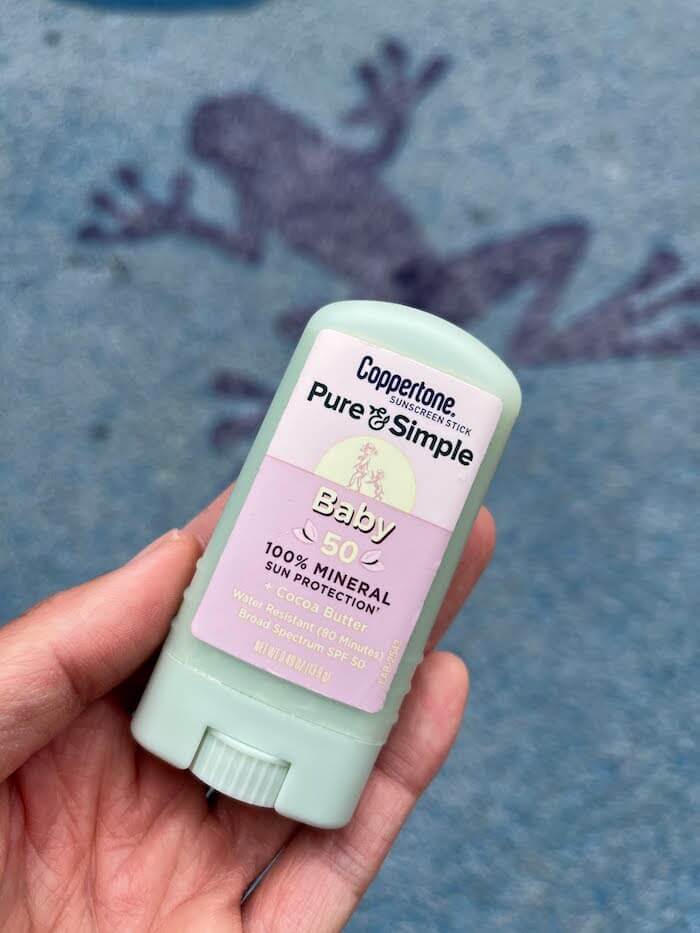
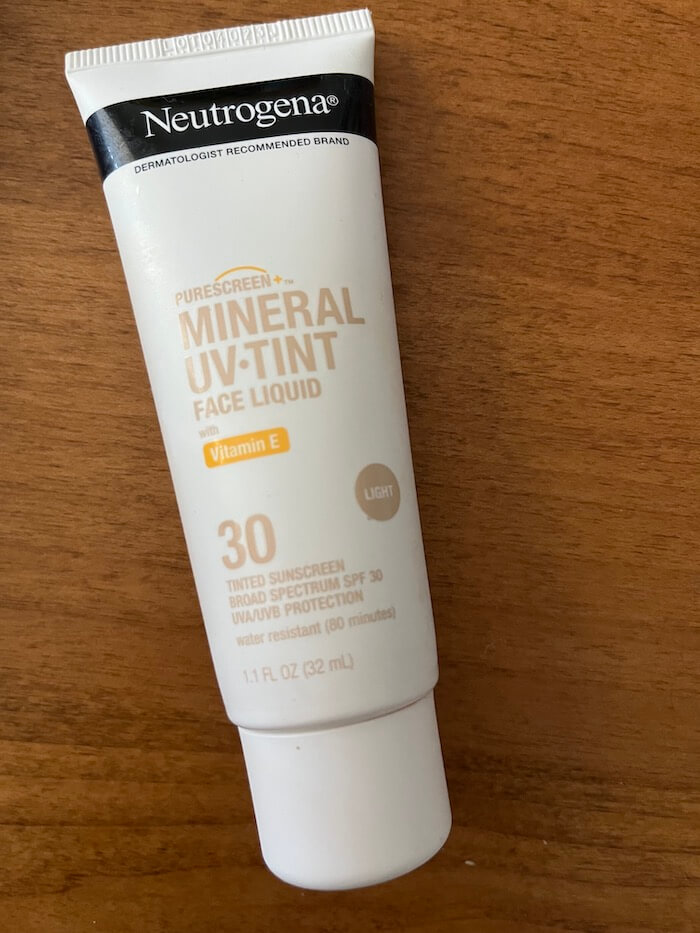
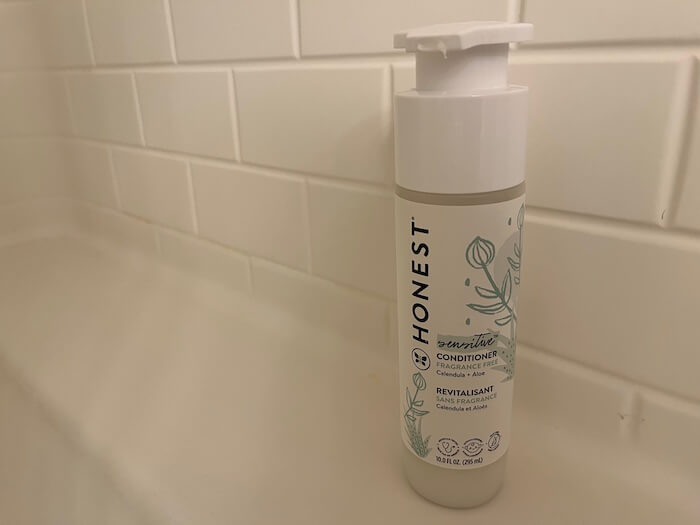

Share this post
RSS
Facebook
Reddit
Email